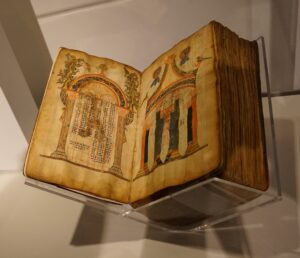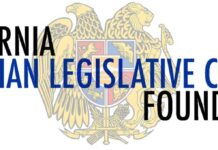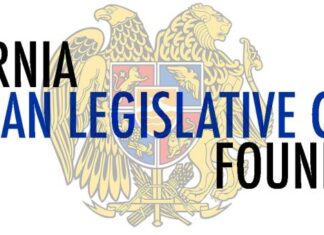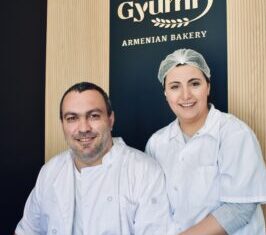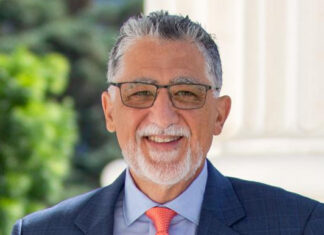By Alin K. Gregorian
Mirror-Spectator Staff
WATERTOWN, Mass. — Turkish journalist Ahmet Altan was not sure what reception he would receive at the Armenian Library and Museum of America (ALMA), where he spoke on Saturday at a program organized by the Friends of Hrant Dink. He need not have worried, as the exchange was one that was mellow and positive.
Altan, the founding editor of Taraf, a leading left-wing publication in Turkey, has picked up the mantle of getting recognition for the Armenian Genocide within Turkey, one of many reasons that he and the staff of Taraf are routinely hauled into court.
In fact, during most of his time at the podium, a picture of a Taraf front page with the headline “1915 is a Genocide” was projected on a large screen.
Altan, in a humorous yet authoritative manner, said that Armenians can indeed teach Turks to do the right thing and recognize the Armenian Genocide, but that they have to appeal to the Turks’ hearts, rather than minds, in order to succeed.
